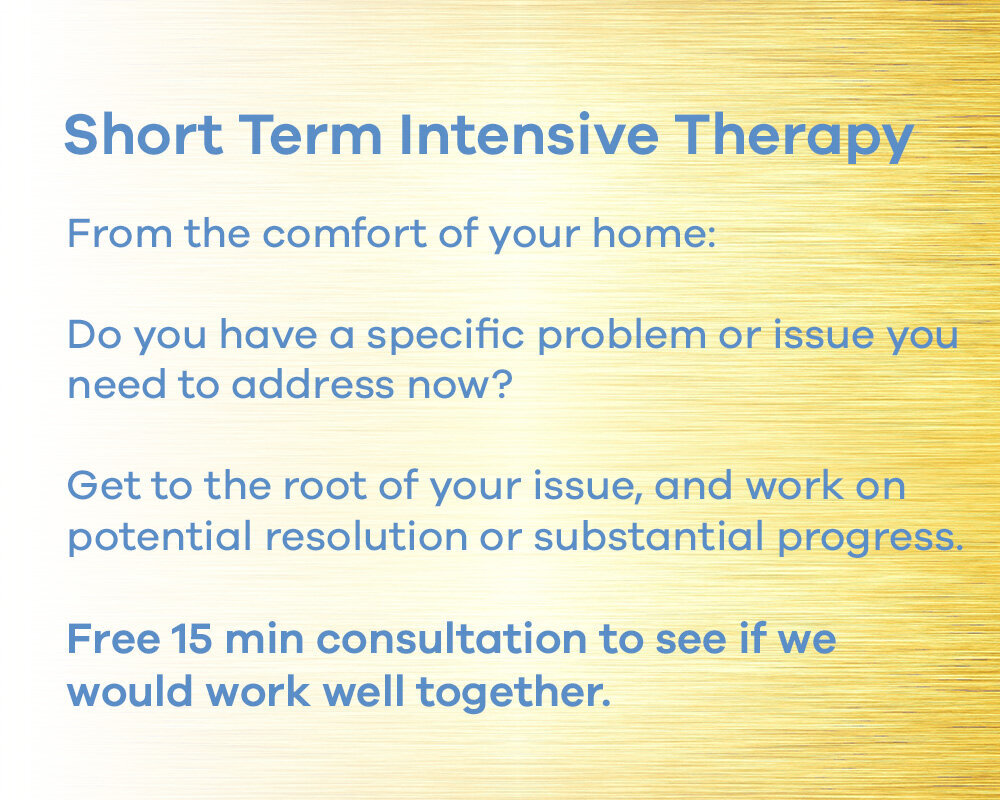The holidays bring up fantasies of hearth and home, the lovely family gathering to reconnect and reaffirm their love and commitment to each other. When it works and goes well, it can be a powerful antidote to the stress and isolation of modern life. Sadly, despite the TV commercials, it is the exception rather than the rule.
Families are exotic collections of personalities and their own realities. The mix is shaped by the childhoods of each and every person involved. So many expectations, so many movie memories of what it is supposed to be or should have been. Disappointment, hurts and reverting to survival mode are all too often the leftovers from a holiday gathering.
FAMILY
So what is a family? What should a family be? What if it were based on love rather than blood? Many cultures instill in their children the obligation that it is their job to take take care of their parents and siblings. That is why they had children, so they would have someone to take care of them when they get old. They gave them life, so it is their duty and responsibility to fulfill the contract by staying connected, no matter what negative history they may have together. And often in my experience, the more abusive the childhood, the greater the guilt carried about the supposed obligation to pay back the parent(s) for their sacrifice in having children.
Mic Hunter, a well known author of books about boys sexually abused as children, defines child abuse 'as anytime an adult uses a child to meet the needs of the adult.' Having a child so that you have someone to love you, or having a child to take care of you, both fall within Hunter's definition. I am often stunned at the mother that bred and raised her children can suddenly become so helpless in adulthood, that the child is forever put into the care taker role. We’re not talking about caretaking for an seriously ill or elderly parent here, but another adult who should be able to function without constant support. The regression to childhood by the parent and putting the responsibility for happiness and support back onto the child deprives their child, even the adult child, of having their own life.
When I work with clients that are considering marriage, one of the most important questions I ask: Are you ready and able to put your partner first? Before your parents, before your siblings and before your friends. Are you willing to make this person the most important person in your life?
For some this is a shocking question. Cutting the apron ties, creating your own family and making it the first priority, separating from the family of origin and setting them free to have their life and to reap the rewards of their choices is hard to imagine, let alone the thought of not sacrificing themselves to save their family and friends from themselves.
My definition of codependency is: I will give me up, to be loved by you. In a healthy relationship there can be and probably should be a healthy degree of masochism, where you will hurt yourself to help another. This is described by David Schnarch in Passionate Marriage, but it should be a conscious choice and it should be time limited. And I am not just talking about doing this for primary partner. Giving of oneself to help another can sometimes hurt, so we should be particular when we do this.
So what should a family be?
I believe that family should be defined as the people that love you for who you are. One of the gifts of a gay child coming out to a parent and family is that they get to find out if biological family members love them for who they are, or rather for who they wanted or expected them to be. On the other hand, this is a useful test everyone might try—how can you find out if your family loves you as you are, or for who they want you to be? Perhaps not becoming a doctor or lawyer is unacceptable to your parents. Perhaps you married someone of the wrong social class, ethnicity, color or religion, in your parent’s view. Suddenly you are the black sheep of the family. Becoming an adult is about living your own life. Robert Bly's Iron John talks about the need of the son to steal the key to his power from underneath his mothers pillow. We all need to take back our power from our parents and live our own life.
If members of your biological family are loving and supportive, then they should be part of ones 'family of choice.' If they are not, then they really are no different from strangers or acquaintances. To call some one family, is to know they are there for you. Many, many years ago a man tried to sell me a franchise. One of the things he asked me was how many people could I call at 3 AM that would be there for me without question. For his purpose, he wanted to know if I could relate to people and if I had formed deep connections, because it is important in sales to be able to connect with people. I found it a profound question and have used that as a measure of who I would call my family. Members of my family of choice don't always approve of what I do (and they let me know), but they love me and wish the best for me. Those people really do make a family, and yet blood is not a required part of the definition.
So I encourage you to take a look at your family. Is it a family of choice, or a family of obligation and guilt?
Growing up and being an adult is understanding and choosing who belongs in your life and who doesn’t.



